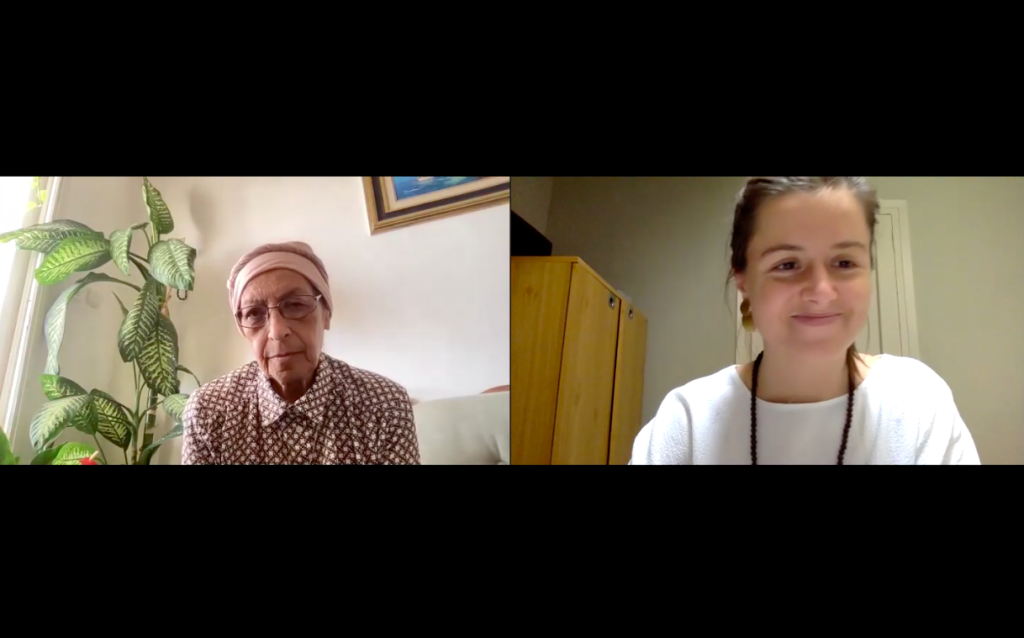Written in commission for the Journal of European Landscapes

Since October 2019 I have been involved in the Heritage and Urban Landscapes programme (HERILAND) as an Early-Stage Researcher (ESR). This Innovative Training Network (ITN) project seemed highly inspiring from the beginning and being part of an international group of PhD candidates has been a big motivation not only to keep working on one’s own research, but also to collaborate with others and expand one’s views.
The theme of Heritage Planning has not been sufficiently developed, so having the possibility to work on it creates a great opportunity to reflect, give visibility and open new lines of action around this theme. In my case, I am working on the Adaptive Reuse of Urban Heritage in Contested Societies, focusing on the case of Acre in Israel. Although I am curious about culture and heritage and have worked in diverse environments, this research has nonetheless been truly challenging. The local Israeli context is filled with different kinds of religious, political and economic conflicts. Approaching these issues from a heritage planning perspective offers the possibility to take a step back and observe the situation with a “different pair of glasses”. It has been a continuous learning process where it was important for not only my research skills to be on point, but also my cultural awareness and social abilities.
Acre is one of the oldest cities in the world, with remnants dating back 3000 B.C. This World Heritage City is a real treasure where you can immerse yourself and dream about past civilizations walking through its narrow streets, contemplating its fine architecture, and admiring the historical layering of the Ottoman city over the Crusader city. Being part of HERILAND has given me the opportunity to access the secrets of this city, and most importantly, contact diverse actors and stakeholders: public institutions, members of religious organizations, civil society, and many more. An experience worth living!

Khan El-Umdan in Acre 
Argaman Beach in Acre and the view of the Old City
However, due to the global pandemic of COVID-19 the number of challenges increased, especially as I started to have to work remotely, far from Acre. This supposed yet another change of mindset where digital tools became my best friends, and like everyone else, I had to rapidly adapt to a new way of working. Aside from the personal impact, this adaptation process has brought some positive notes regarding my professional life. On the one hand, I have learnt, at an extremely fast speed, how to transform analogic/traditional research methods into digital, benefiting from the advantages of technology. For example, all my interviews have been carried out on Zoom, a platform which allows you to record the session and talk to anyone in the world from the comfort of their own homes (no masks on!). On the other hand, I have been pushed to use my creativity to find new ways of collecting data, finding new features on Google Maps, accessing previously private databases, or designing a research tool in a way that can be used from afar.

In any case, regardless of the tremendous social impact, and the fact that the PhD I signed for has taken a 180 degree turn, being part of this ESR network has been a gift. We have supported each other in a way unimaginable in pre-COVID times, we are now more prepared to work in teams remotely, and have developed skills to create, implement and evaluate projects in a hybrid way. Therefore, although our expectations were totally different from the reality that unfolded and we had originally aimed for a different research trajectory, it is undeniable that we are coming out stronger, more resilient, and more united from this programme. We are highly motivated to continue contributing to Heritage Planning, learning and sharing knowledge, and most importantly, expanding and reinforcing our professional networks.

